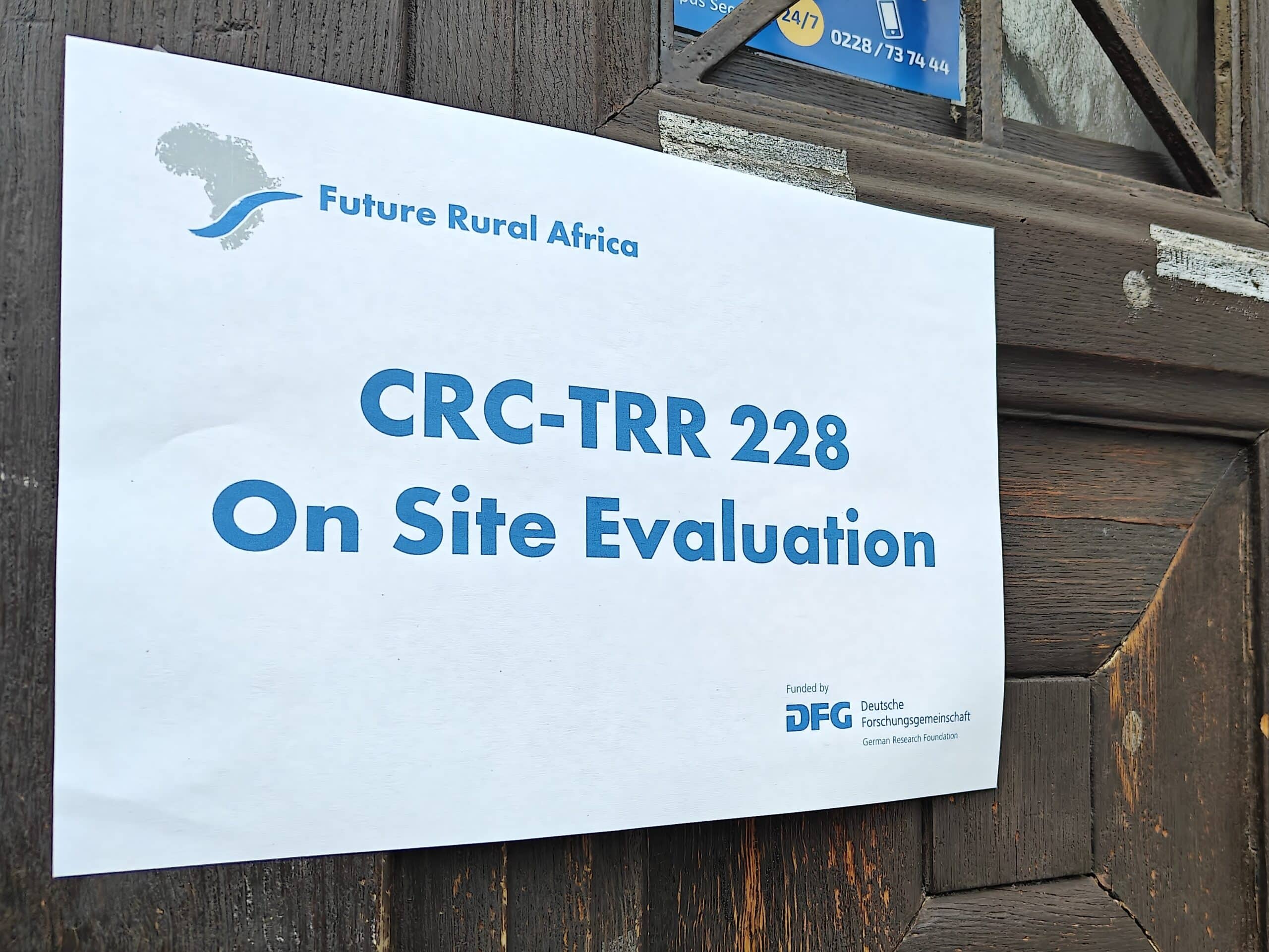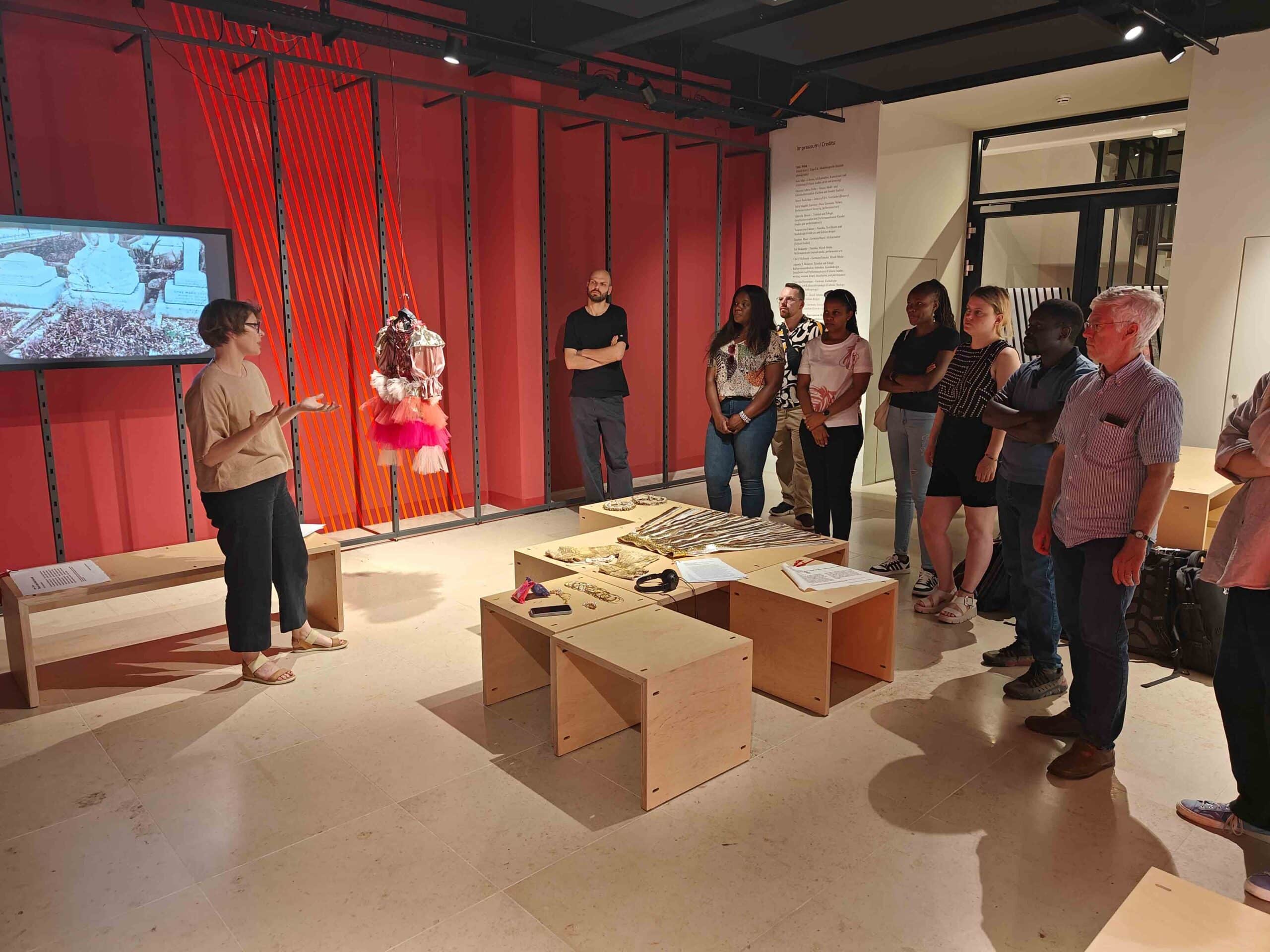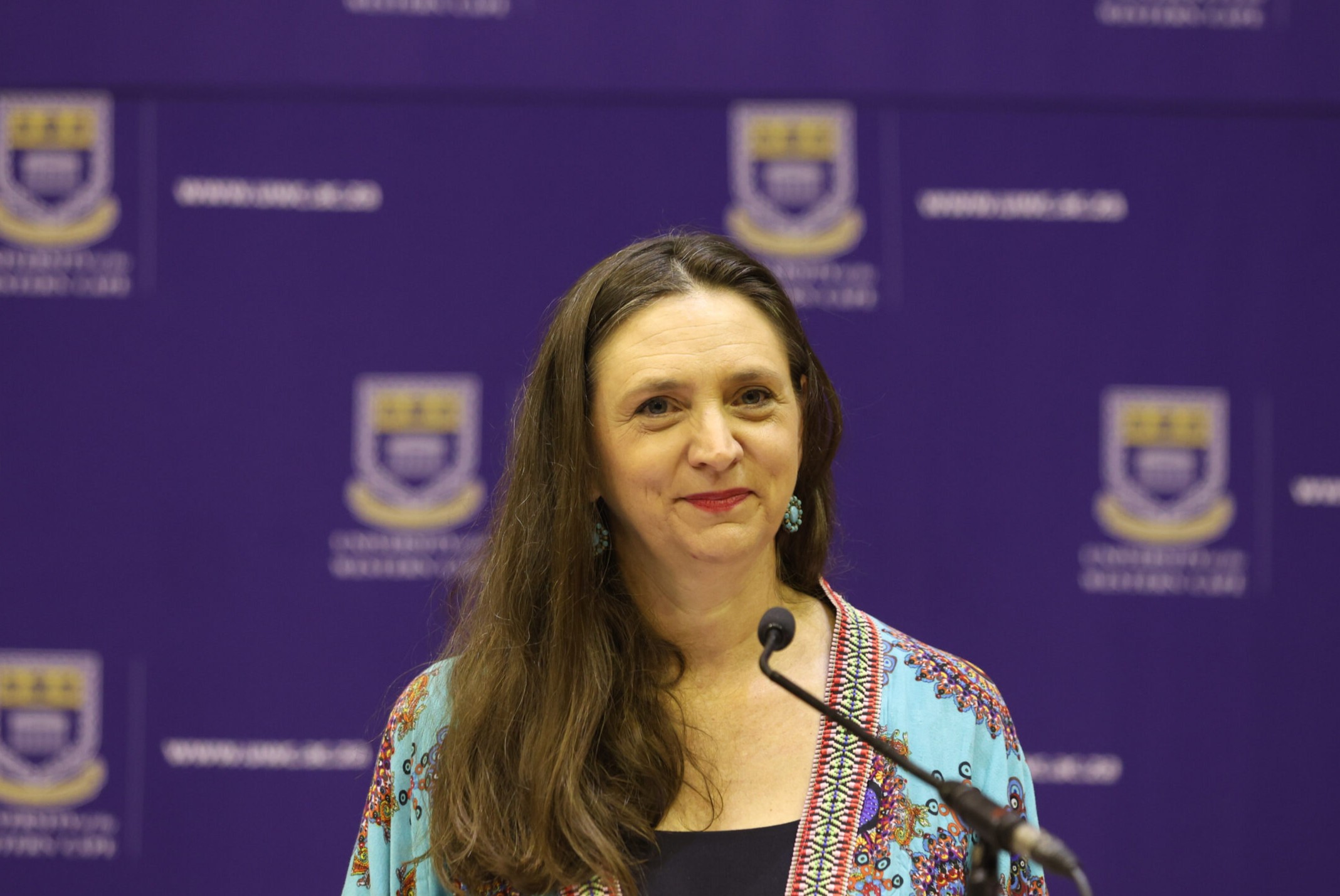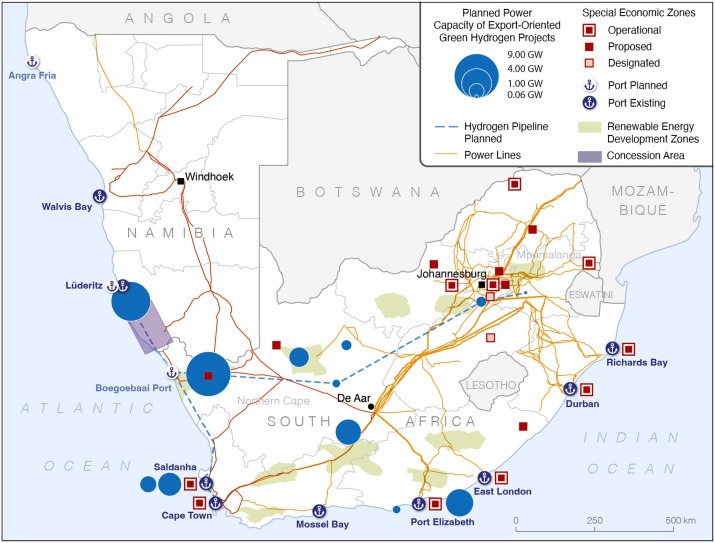By: Maximilian Meyer, Project A01 Future Carbon Storage.
Dambisa Moyo’s seminal book Dead Aid is the antidote to past and current development strategies of western countries for Africa: development aid. Moyo’s solution? Foreign direct investment and trade intended to solve desolate economic situations of African countries. Dorninger et al. (2020) shed new light on trade of resources and associated trade policies, giving a bitter taste to trade as a solution: high-income countries are effectively net appropriators of resources, generating monetary surplus. This observed inequality is systematic and to the detriment of the global poor, as low-income countries experience monetary trade deficits. Current trade policies, therefore, reinforce global economic inequality, consequently affirming power structures and asymmetries in global trade. Could the ‘resource curse’ phenomenon be a symptom of global unequal exchange? Negotiations of trade and free trade agreements surely need to focus on fairness and equity to overcome this poverty paradox.
References
Dorninger, C., Hornborg, A., Abson, D. J.; von Wehrden, H., Schaffartzik, A., Giljum, S., et al. (2021): Global patterns of ecologically unequal exchange: Implications for sustainability in the 21st century. In Ecological Economics 179, p. 106824.
Moyo, D., (2010): Dead aid. Why aid is not working and how there is another way for Africa. London: Penguin.






